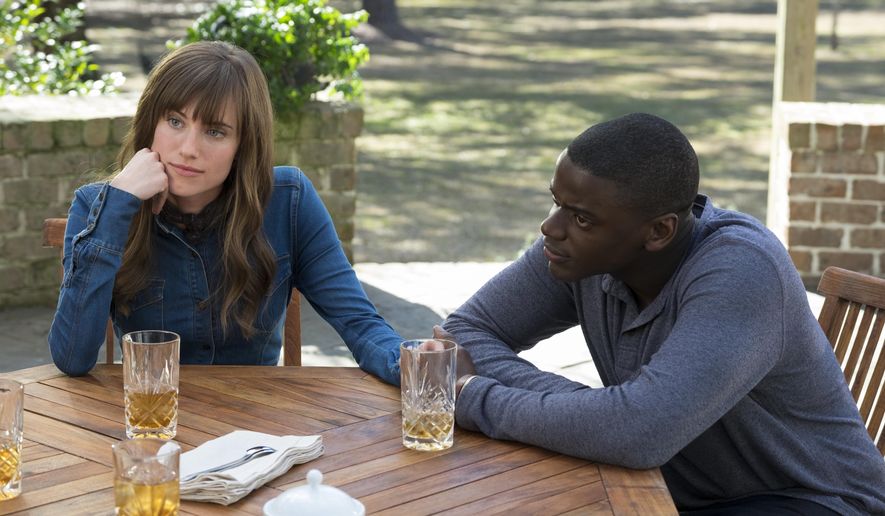The star of the horror film “Get Out” says people like actor Samuel L. Jackson always make him “prove” that he is “black enough.”
Mr. Jackson’s recent critique of “Get Out” was that it may have been better if an “American brother” were cast in the star role, instead of the U.K.’s Daniel Kaluuya, who “grew up in a country where they’ve been interracial dating for 100 years.” The comments, made to a New York radio station on March 6, rubbed Mr. Kaluuya the wrong way.
“Here’s the thing about that critique, though,” the actor told GQ magazine on Monday. “I’m dark-skinned, bro. When I’m around black people, I’m made to feel ’other’ because I’m dark-skinned. I’ve had to wrestle with that, with people going ’You’re too black.’ Then I come to America and they say, ’You’re not black enough.’ I go to Uganda, I can’t speak the language. In India, I’m black. In the black community, I’m dark-skinned. In America, I’m British. Bro!”
“Get Out,” directed by comedian Jordan Peele, has made over $113 million globally since its Feb. 24. release. It involves a young black man who uncovers a town’s dark secrets while visiting the parents of his white girlfriend.
“In order to prove that I can play this role, I have to open up about the trauma that I’ve experienced as a black person,” Mr. Kaluuya said. “I have to show off my struggle so that people accept that I’m black. No matter that every single room I go to I’m usually the darkest person there. You know what I’m saying? I kind of resent that mentality. I’m just an individual. You probably feel that as a writer, too. Just because you’re black, you get taken and used to represent something. It mirrors what happens in the film.”
The actor then said that signs reading “NO IRISH. NO DOGS. NO BLACKS,” once existed in England, and that cops would wrap black men in blankets before beating them to hide bruising.
“Even people who say that black people are minorities, there are a billion black people in the world,” the actor said. “A billion white people. What part of that is a minority? If you separate yourself, then maybe. But I see black people as one man. When I see people beaten on the streets of America, that hurts me. I feel that.”
Mr. Jackson said on March 9 that his remarks were not a “slam” on the movie, but instead “a comment about how Hollywood works in an interesting sort of way sometimes.”
• Douglas Ernst can be reached at dernst@washingtontimes.com.




Please read our comment policy before commenting.